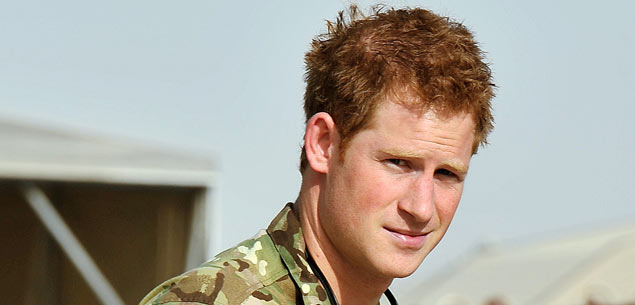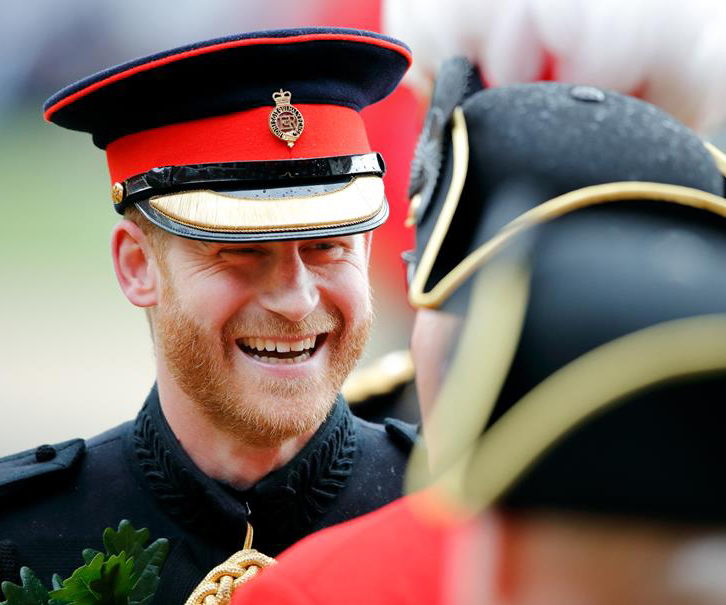The Duke of Sussex turns 35 on Sunday 15th September and to mark the occasion Sky TV will be airing the documentary Harry: Warrior Prince on UKTV, which reveals exclusive, candid interviews from both Harry, fellow veterans and his former army mentors, about his time on the frontline, his struggles with mental health and at times the deep frustration he felt with the unique position he held.
In one particular interview with General Sir Lord Dannatt, who was Chief of the General Staff between 2006 to 2009, the former head of the British Army spoke in detail about how they were able to deploy Prince Harry to Afghanistan, after a first failed attempt to deploy him to Iraq in 2007.
Something, he was says, was met with great frustration and anger by Prince Harry, who at the time was third-in-line for the throne (he is now sixth).
“I think he came up with the famous line: ‘I haven’t dragged my sorry ass through Sandhurst for a year not to be allowed to go on operations’,” General the Lord Dannatt reveals in an interview in Harry: Warrior Prince.
“Unfortunately, the media speculated so incessantly and so accurately, and by about the time we had to take a final decision of whether we should deploy him or not they had worked out where he’d be, what his unit would be doing, what sort of vehicle he’d be driving and what he’d be wearing,” he reveals.
“And, at the same time the situation in the Al-Hammar Province in Iraq had deteriorated to the point where we felt it was a responsible risk to send him. And it wasn’t so much the concern for his safety but the increased risk that his presence created for those around him.”
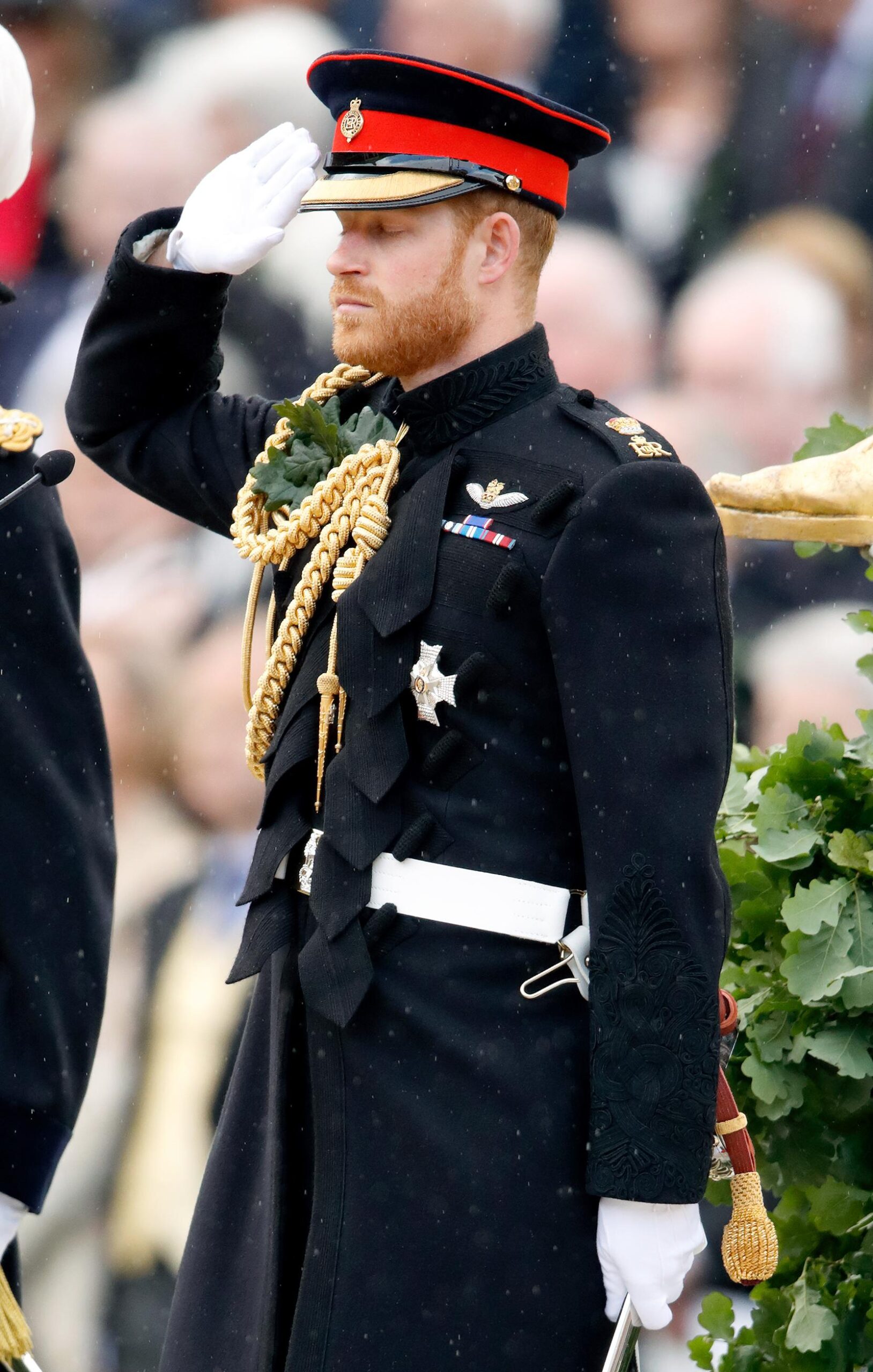
While he has now retired from the military, Harry still has a strong connection, co-founding the Invictus Games and attends many military engagements in his honourary roles as Captain General of the Royal Marines, Lieutenant Commander of the Royal Navy, Major of the British Army and Squadron Leader of the Royal Air Force. (Image: Getty)
Nevertheless Dannatt was determined to get Harry on operations whenever they could, the only question was how, without comprising his or his unit’s safety.
“Because of the speculation when we could deploy him to Iraq, I thought ‘we’ve got to get our heads around this and we’ve got to find a solution’,” Dannatt reveals.
“So I invited all the editors of all the newspapers, television, radio channels to come to a meeting at the Ministry of Defence and I put the proposition quite clearly to them – ‘I need to be able to deploy Prince Harry on operations, it’s only right and proper, but you speculated so accurately last time, we couldn’t do it.’
“Conversation was a bit circulative for 15 to 20 minutes and then… we all suddenly realised what I needed to do was to get him deployed and what the media need to do was to report him having deployed.”
General Sir Lord Dannatt created a deal with the media, asking for a blackout while Harry served in Afghanistan, with exclusive access to a pool of journalists who could then report, on his return.
So they struck a deal – a media blackout for the entirety of Harry’s tour, but with exclusive access to the Prince throughout, which could be reported on afterwards.
“So the deal that we discussed and eventually came up with and struck with the media was that we’d give a pool of journalists – for written and television and radio audiences – access to Prince Harry during his training, while he was deployed and when he got back, but nothing would be reported, at all, until he got back.
“So in that way, I could get him deployed. As far as I was concerned getting him there was a success, keeping him there for a month so he could honestly earn his medal, was complete success and anything beyond that was a bonus.
Adding: “In the end he was there for some 10 weeks and thoroughly rose to the challenge of the opportunity and I think it was a wonderful moment, episode in his life.”
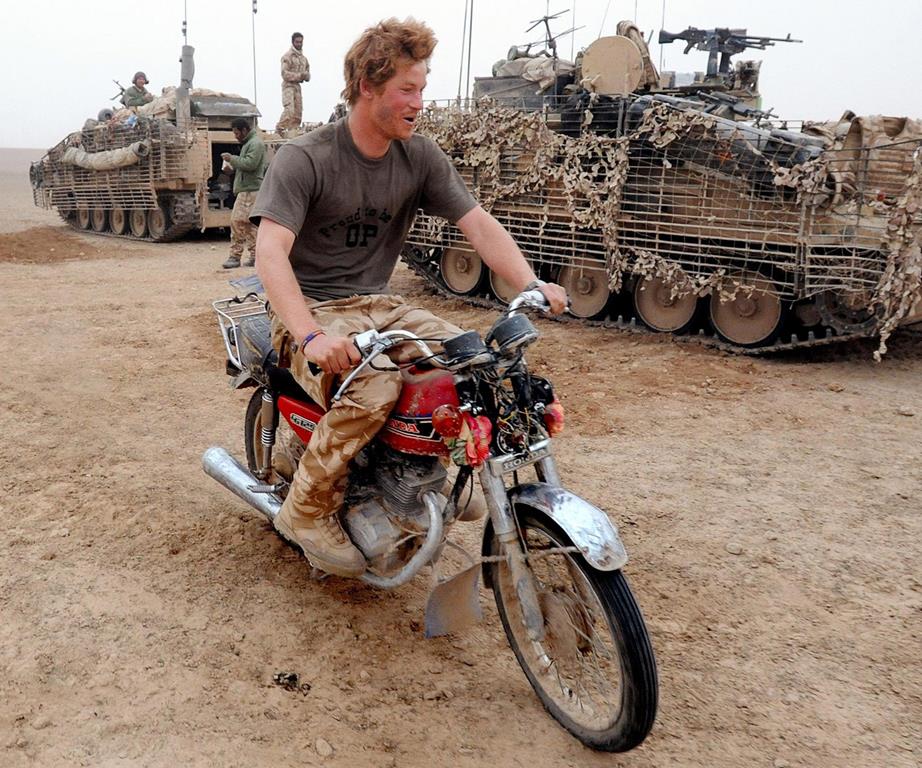
In the documentary, Harry looks back fondly at his time spent serving in Afghanistan, despite admitting “there are always going to be bad days” – enjoying being away from prying eyes and able to be as ‘normal’ as he’s ever been before. (Image: Getty)
Unfortunately, the media blackout wasn’t able to hold out until the end of his tour. While all the UK media outlets kept their end of the bargain, Australian magazine New Idea and German newspaper Bild breached the blackout and Harry was forced to be brought home early.
While Harry was understandably frustrated, Dannatt says for himself personally he was incredibly pleased with how it had turned out.
“It would’ve been absolutely wonderful if he could’ve completed another three or four weeks, to have got to the end of his tour and come back with his unit,” Dannatt says.
“But as I said, success was getting him there, complete success was him getting his medal after a month and ten weeks was a real bonus.”
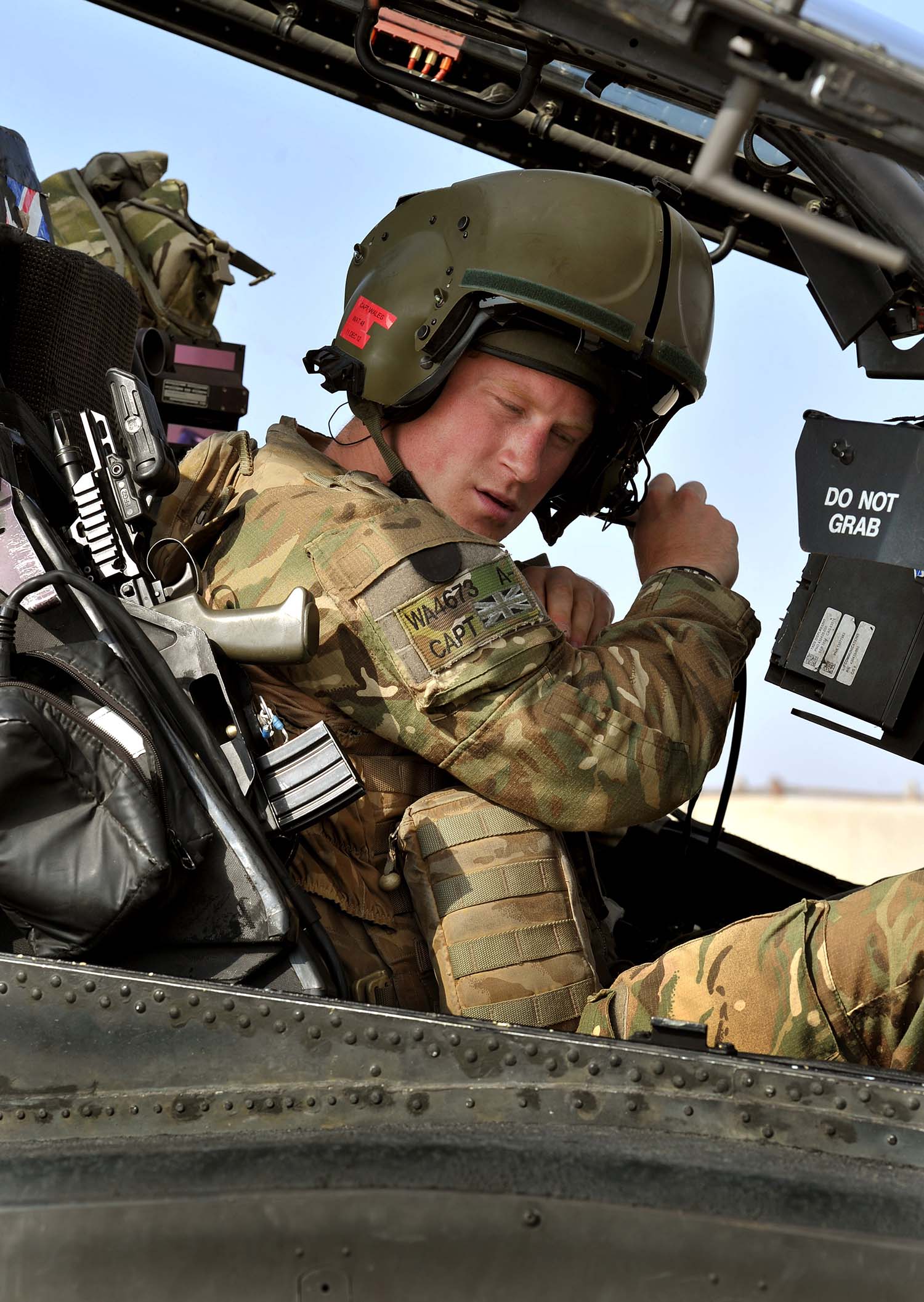
Prince Harry during his second tour in Afghanistan as an Apache pilot in 2012. (Image: Getty)
As the documentary details, Harry went on to be deployed to Afghanistan again in 2013, this time as an Apache pilot, and delves into his relief at having a sense of anonymity during his deployments and being away from the intrusive press.
The documentary also features candid interviews where Harry opens up about struggles with mental health after the loss of his mother and his retirement from the military and how he pushed through his feelings of helplessness to discover a new purpose – the Invictus Games, a way to give back to his the military, a time which he describes as “the university of life”.
Now married to Meghan, Duchess of Sussex and a father to four-month-old Archie Harrison Mountbatten-Windsor, the documentary sheds a light a significant part of Harry’s life, and how it has helped to shape the Harry we know today.
The New Zealand premiere of ‘Harry: Warrior Prince’ airs on Sunday, September 15th at 8.30pm on Sky’s UKTV.
